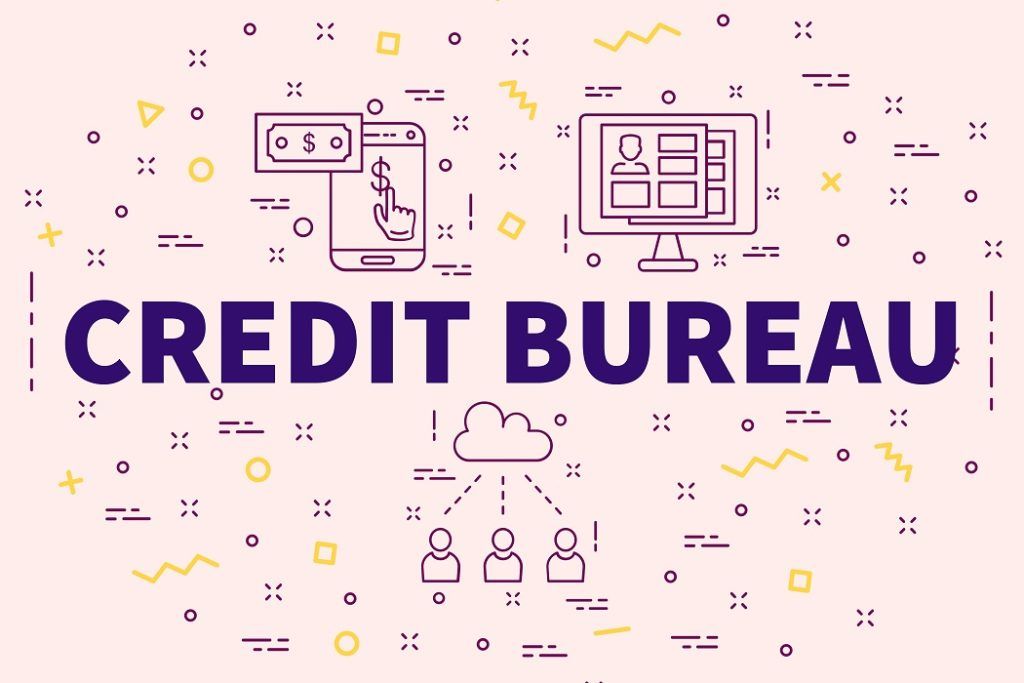
Why Accuracy Matters
Your credit report is more than just a record—it is a financial snapshot that influences everything from loan approvals to job opportunities. When errors appear, they can cost you money, opportunities, and peace of mind. That is why contacting the credit bureau is not just a formality but a key step in protecting your financial future. Much like business debt relief helps companies restructure and clear up financial confusion, disputing inaccuracies ensures that your personal financial picture reflects the truth. It is about making sure you are judged on facts, not mistakes.
Spotting the Errors
The first step in addressing credit report problems is to actually review your report. Many people only look at their credit score, but the details behind it are just as important. Errors can range from simple typos to accounts that do not belong to you. Look carefully for incorrect balances, late payments you know were on time, or accounts that should have been closed. These mistakes are more common than you might think, and catching them early makes the process smoother.
Gathering Your Evidence
Before reaching out to the credit bureau, it helps to gather proof. This could be bank statements, payment confirmations, or letters from lenders. Having documentation strengthens your case and shows that your claim is valid. Think of it like preparing for a conversation with facts rather than feelings. When you provide evidence, the bureau has a clearer reason to investigate and a better chance of resolving the issue in your favor.
Filing a Dispute
Once you have your evidence ready, you can file a dispute with the credit bureau that issued the report. The three main bureaus are Equifax, Experian, and TransUnion, and each has its own process. Most allow you to file online, by mail, or over the phone. Your dispute should clearly state what is wrong, why it is wrong, and include copies of your supporting documents. Keep copies of everything you send. Filing may feel intimidating at first, but remember that this is your right as a consumer.
What Happens After You File
After a dispute is submitted, the credit bureau typically has 30 days to investigate. They contact the lender or creditor that reported the information and request verification. If the creditor cannot prove the accuracy of the record, the bureau must remove or correct it. During this period, patience is important, but staying organized helps. Track your timelines, and if you do not hear back within the required window, follow up to ensure your case is moving forward.
Understanding the Outcome
When the investigation ends, the bureau will send you the results. If your dispute is accepted, the correction will appear on your updated credit report. If the bureau does not agree with your claim, the record may remain unchanged. In that case, you still have the right to add a statement of dispute to your file, so future lenders know you challenged the information. While it may not change your score immediately, it adds context and demonstrates your effort to resolve the issue.
Preventing Future Issues
Correcting one error is helpful, but the bigger goal is preventing ongoing problems. Make it a habit to check your credit report regularly. You are entitled to a free report from each bureau every year through AnnualCreditReport.com, and many services provide access more frequently. Monitoring your report not only helps you spot mistakes but can also alert you to signs of identity theft before they spiral out of control.
Taking Control of the Process
One overlooked part of contacting the credit bureau is the confidence it builds. Taking action to correct errors shows that you are not powerless in the financial system. It teaches you to question, verify, and advocate for yourself. Over time, this approach creates better habits, not just for managing credit reports but for handling all financial decisions with clarity and care.
Final Thought
Contacting the credit bureau may sound technical, but it is really about protecting your financial story. By spotting errors, gathering evidence, filing disputes, and staying on top of the process, you make sure your report reflects who you truly are. Mistakes happen, but they do not have to define your future. With attention and persistence, you can keep your credit report accurate, strengthen your financial foundation, and ensure that opportunities are based on truth rather than errors.
